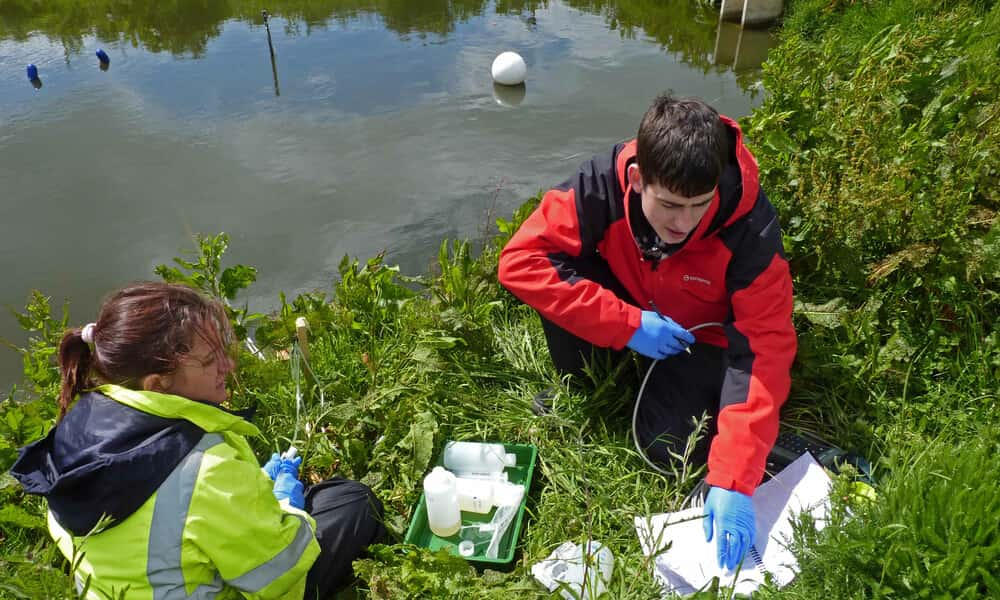
Goal 14 - Life Below Water
Conserve and sustainably use the oceans, seas and marine resources

Research
Researchers from Lancaster Environment Centre have found that planting new coral in degraded reefs can lead to rapid recovery – with restored reefs growing as fast as healthy reefs after just four years. Researchers studied reefs in Indonesia to assess whether coral restoration can bring back the important ecosystem functions of a healthy reef.
Researchers from across the University have been working together to investigate and map regional ‘blue businesses and the blue economy’– businesses that have marine economic activity in Lancashire, with the aim to help improve business practices and increase sustainability in these areas.
Seafood Business for Ocean Stewardship (SeaBOS)
The Pentland Centre Director, Professor Jan Bebbington from Lancaster University Management School is working with Stockholm Resilience Centre on the SeaBOS project. The collaboration seeks to identify and work in partnership with organisations in the seafood industry to achieve a step change in sustainability performance.

Teaching
Aquatic life
Our Earth and Environmental Science (BSc Hons) degree has a module on Aquatic Biogeochemistry, where students learn about the chemical composition of aquatic systems in nature – and how to look after them.

University Operations
Food on campus
In all our food outlets on campus, no fish is served from the Marine Conservation Society ‘fish to avoid list’. Local and sustainable suppliers are used for all our fish, wherever possible.

